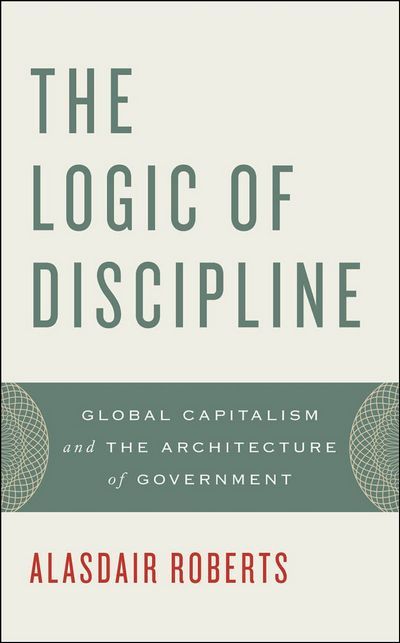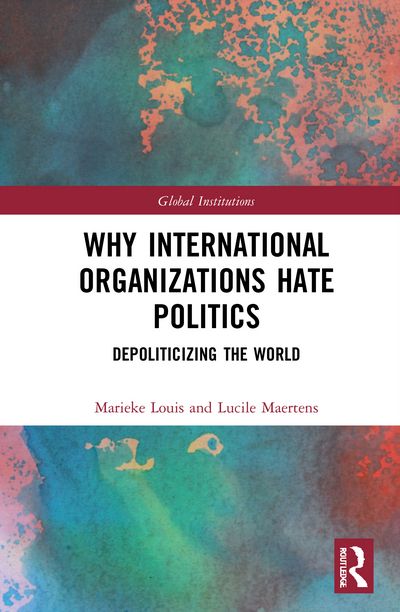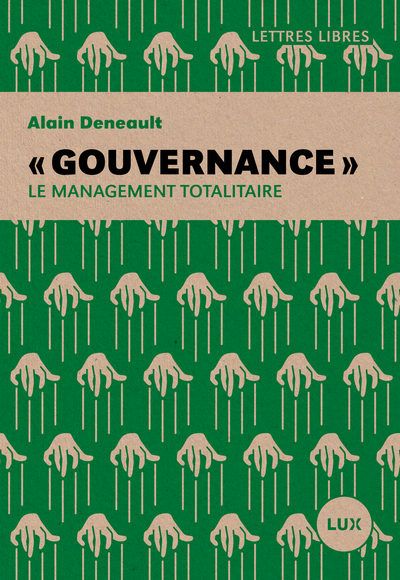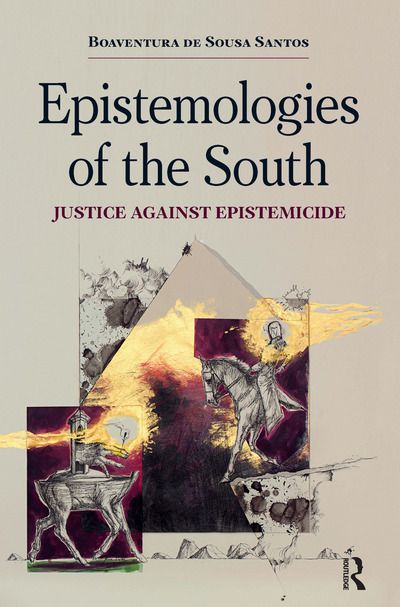[Do check out our extensive bibliographies for more readings.]
We have decided against bracketing out "neoliberalism" or "neoliberalisation" as separate categories, not least because these terms have become a bit too broad and ambiguous. But we do think that it's only by understanding neoliberalism as a project to tame the democratic ethos - or, to cite Will Davies, to "disenchant politics by replacing it with economics" – that we can understand the appeal of seemingly apolitical solutions that talk the neutral language of efficiency and governance.
The literature on what here we call "depoliticisation" is vast and spans disciplines such as political science, public administration, critical legal studies, and international political economy. Not all of it bears the label of "depoliticisation"; one would find a lot of relevant debates under subject headers such as "post-democracy" or the "postpolitical". There are a lot of domain-specific debates (for example, about energy policy).
There's also some interesting work informed by political theory, especially by the work of Laclau and Mouffe on agonism and Jacques Rancière's work on disagreement. (Some of this literature already surfaces in recent philosophical analysis of blockchains). We find such approaches a bit less useful as they tend to be disconnected from the broader economic and institutional set-up of today's global capitalism.
A good place to start with "depoliticisation" is the work of Alasdair Roberts on the "logic of discipline." Roberts argues that it's incorrect to view the neoliberal period as an era of deregulation; rather, it was the period of restructuring the logic through which governments responded to and interacted with their citizens, making it more democratic and less responsive to popular demands.

In a similar vein, it's worth reading Matthew Flinders's work on depoliticisation. This article would be a good start. The edited collection (with Flinders as co-editor) on anti-politics, governance, and depoliticisation is also excellent.
If you are wondering why so many international organisations are looking to blockchain with so much hope (as Sanneke Kloppenburg argues in our interview on climate cryptogovernance), you may want to check this recent book (never mind the price tag).

There is a lot of interesting work to be done to excavate the many apolitical meanings inscribed into the very concept of "governance" that, over the last few decades, has become a term whose political valance cannot be contested. Who, after all, wants to be against "good governance"? Some of the best work in this strand has not yet appeared in English but, if you read French or Italian, it's worth checking out the work of Alain Deneault and Giuliana Commisso.

Some of the best work in this space draws on Michel Foucault's own analysis of neoliberalism and governmentality. Mark Bevir's work, including his short introduction to the concept of "governance," is definitely worth following. Gregoire Chamayou's recently translated The Ungovernable Society provides an accessible historical expose of the efforts and strategies deployed, since the 1970s, to make society more "governable" (and hence less political and unruly).

One powerful critique of "depoliticisation" has traditionally come from anthropologists of development. James Ferguson's The Anti-Politics Machine remains a classic. It's also worth poring over Boaventura de Sousa Santos' work on "epistemologies of the South" for a powerful antidote to this kind of anti-political thinking.

